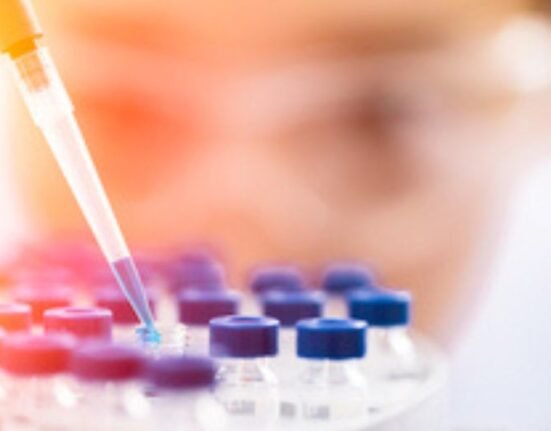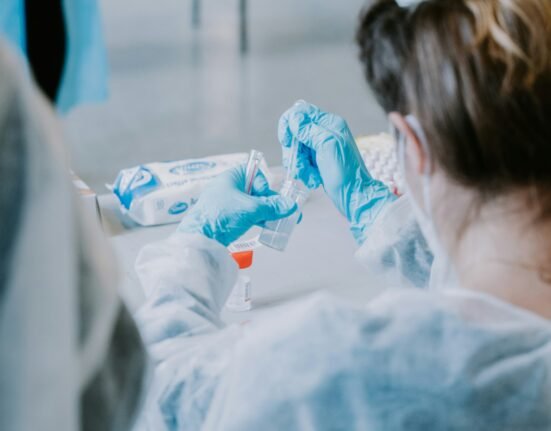HQ Team
May 31, 2024: The European Commission has granted marketing approval for Biogen Inc.’s therapy for the treatment of a form of amyotrophic lateral sclerosis.
The EC’s nod for Qalsody is the first such approved in the Union to target a genetic cause of ALS, also known as motor neuron disease, according to a company statement.
The EC authorisation for Qalsody was granted ‘under exceptional circumstances.’
The marketing approval is recommended when the benefit or risk assessment of treatment is determined to be positive but due to the rarity of the disease, it is unlikely that comprehensive data can be obtained under normal conditions of use.
The European Medicines Agency recommended the therapy’s designation as an ‘orphan medicinal product’ which the company should maintain.
‘Totality of evidence’
The approval of the therapy is based on the totality of evidence, including the targeted mechanism of action, biomarker, and clinical data, according to the company statement.
Common adverse reactions — that may affect more than 1 in 10 people — include back pain, pain in arms or legs, muscle and joint pain, fever, and an increase in protein or white blood cell count occurring in the fluid that surrounds the brain and spinal cord.
The US Food and Drug Administration had granted accelerated approval for Qalsody to treat amyotrophic lateral sclerosis in adults who have a mutation in the superoxide dismutase 1 (SOD1) gene.
Biogen licensed Qalsody from Ionis Pharmaceuticals, Inc. under a collaborative development and license agreement.
Neurodegenerative disease
Amyotrophic lateral sclerosis is a rare, progressive and fatal neurodegenerative disease that results in the loss of motor neurons in the brain and the spinal cord that are responsible for controlling voluntary muscle movement.
People with ALS experience muscle weakness and atrophy, causing them to lose independence as they steadily lose the ability to move, speak, eat, and eventually breathe.
The average life expectancy for people with ALS is three to five years from the time of symptom onset.
Genetic testing helps determine if a person’s ALS is associated with a genetic mutation, even in individuals without a known family history of the disease.








